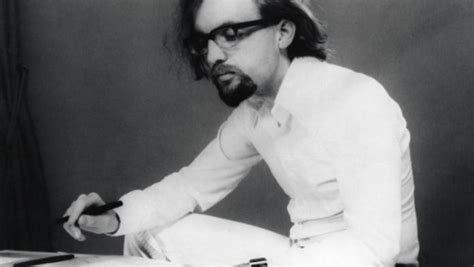A Quote by Herman Melville
In metropolitan cases, the love of the most single-eyed lover, almost invariably, is nothing more than the ultimate settling of innumerable wandering glances upon some one specific object.
Related Quotes
Pleasure and pain at once register upon the lover, inasmuch as the desirability of the love object derives, in part, from its lack. To whom is it lacking? To the lover. If we follow the trajectory of eros we consistently find it tracing out this same route: it moves out from the lover toward the beloved, then ricochets back to the lover himself and the hole in him, unnoticed before. Who is the subject of most love poems? Not the beloved. It is that hole.
Fortunately, most of my friends in comedy that smoke pot are almost as open about it as I am, and in some cases more so. But most that appear, it's more about friendship with me than making some statement about pot. I'm sure those of my friends who are onscreen smoking might have a little regret, but there's not too much of it.
Toska - noun /?t?-sk?/ - Russian word roughly translated as sadness, melancholia, lugubriousness. "No single word in English renders all the shades of toska. At its deepest and most painful, it is a sensation of great spiritual anguish, often without any specific cause. At less morbid levels it is a dull ache of the soul, a longing with nothing to long for, a sick pining, a vague restlessness, mental throes, yearning. In particular cases it may be the desire for somebody of something specific, nostalgia, love-sickness. At the lowest level it grades into ennui, boredom.
Ideally, nothing should be embraced by a consumer firmly, nothing should command a commitment till death do us part, no needs should be seen as fully satisfied, no desires considered ultimate. There ought to be a proviso 'until further notice' attached to any oath of loyalty and any commitment. It is but the volatility, the in-built temporality of all engagements that truly counts; it counts more than the commitment itself, which is anyway not allowed to outlast the time necessary for consuming the object of desire (or, rather, the time sufficient for the desirability of that object to wane).







































